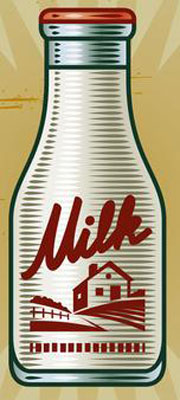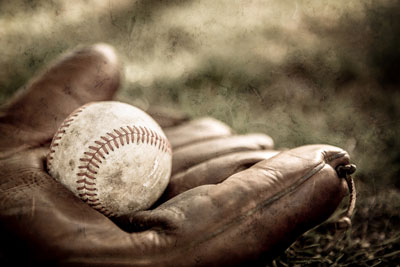By Hayes Hunt
Eddie Ohlbaum, my close friend, recently passed away. He loved trial work, teaching at Temple Law and advocating for the indigent. He also loved the Brooklyn Dodgers. I called him for his input when I wrote my first article for From the Sidebar. I figured if Eddie deemed my writing about trial and advocacy worthy of publication, this blog thing may just work out. I republish “Strike That” for Eddie and Opening Day.
 Everyone’s parents had a seemingly different remedy for the hiccups. I had to hold my arms straight in the air while my mother slowly poured a glass of milk into my mouth. There would be a brief pause — she and I would stare at one another wondering if I was cured. After a few seconds, I’d invariably hiccup some milk. My mom and I did this at least a hundred times with limited success. Despite probabilities, I’m still convinced it works. It is what I learned.
Everyone’s parents had a seemingly different remedy for the hiccups. I had to hold my arms straight in the air while my mother slowly poured a glass of milk into my mouth. There would be a brief pause — she and I would stare at one another wondering if I was cured. After a few seconds, I’d invariably hiccup some milk. My mom and I did this at least a hundred times with limited success. Despite probabilities, I’m still convinced it works. It is what I learned.
Lawyers have frequent mental hiccups trying to formulate a question: get a person’s name wrong, struggle to find a word, draw a blank. Asking a perfect question every time isn’t easy. Lawyers have a unique cure-all phrase to remedy asking a bad question. Yes, in law there is such a thing as a bad question. The next thing that comes from the attorney’s mouth is the cure for the hiccup: Strike that. As if those two words somehow make it all go away. The court reporter just transcribed: Strike that. The question you pitched is not a strike and there’s no umpire.
next thing that comes from the attorney’s mouth is the cure for the hiccup: Strike that. As if those two words somehow make it all go away. The court reporter just transcribed: Strike that. The question you pitched is not a strike and there’s no umpire.
There are two instances when “strike that” is commonly used: depositions and trial. We probably learned the phrase from watching others take a deposition or try a case. A deposition transcript with clear precise questions, especially on crucial issues, is invaluable. You will use the transcript at any point in litigation including at trial. A transcript or video deposition riddled with “strike that” makes your questions less important. Witnesses have credibility and so do you. At trial, the jury believes “strike that” has some legal meaning and will be inclined to ignore the question. The lawyer also wants to excuse the question before the judge or her adversary makes an objection. Her attempt to restart her question is understandable and valid. However, her adversary can object:
Objection. Your Honor. I ask that counsel be instructed that the stenographer has a duty to transcribe and, in order to exclude any portion of the trial record, counsel needs to have a ruling from the court.
My best guess is that most of us learned from practitioners using the common law principle  “move to strike” after an objection. Move to strike was an effort to preserve counsel’s objection for appeal relating back to the question or answer.
“move to strike” after an objection. Move to strike was an effort to preserve counsel’s objection for appeal relating back to the question or answer.
Another cure for the questioner’s hiccups is to try “let me rephrase”. Fortunately, you don’t have to raise your arms every time you try it.

